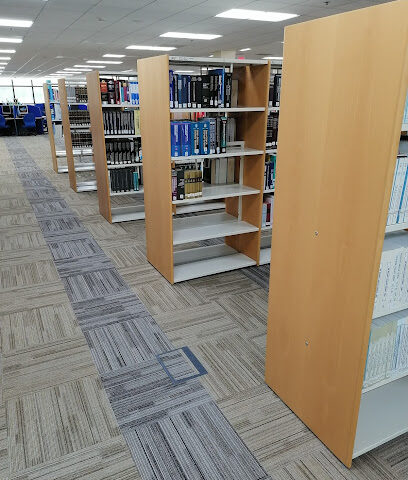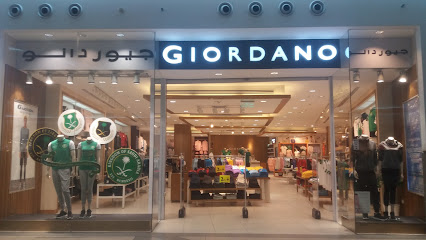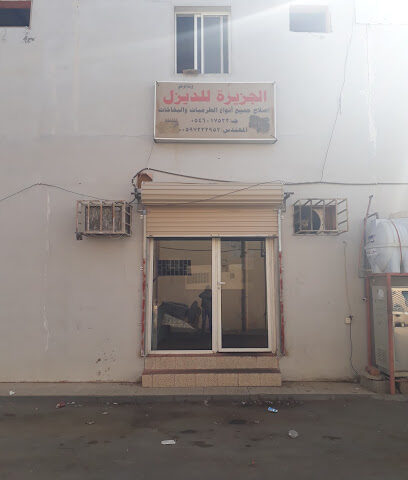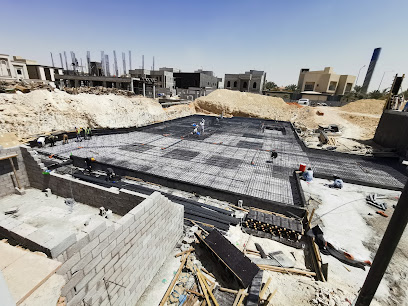أفضل دليل في السعودية : اعثر على جميع المواقع
إعلان
ابحث حسب الكلمة الأساسية، المدينة أو الحي.
المواقع المضاف حديثًا
تبوك شارع الأمير سلمان – السليمانية 3 – الهفوف 36441 – المملكة العربية السعودية
تبوك 8612 شارع رقم 6 – 3870 – الجبيل 35718 – المملكة العربية السعودية
تبوك مول الظهران – شارع فيصل بن فهد ، حي – الدوحة الجنوبية – الظهران 34457 ، المملكة العربية السعودية
تبوك XHGR + G3V – عية الجديدة – طريق خميس ، بيشة الصنابير – بيشة السعودية
تبوك 6994 الرصافة – المنار – الرياض 14221 – المملكة العربية السعودية
تبوك Q9CP + 56 جرام – الصفاء 28939 – المملكة العربية السعودية –





